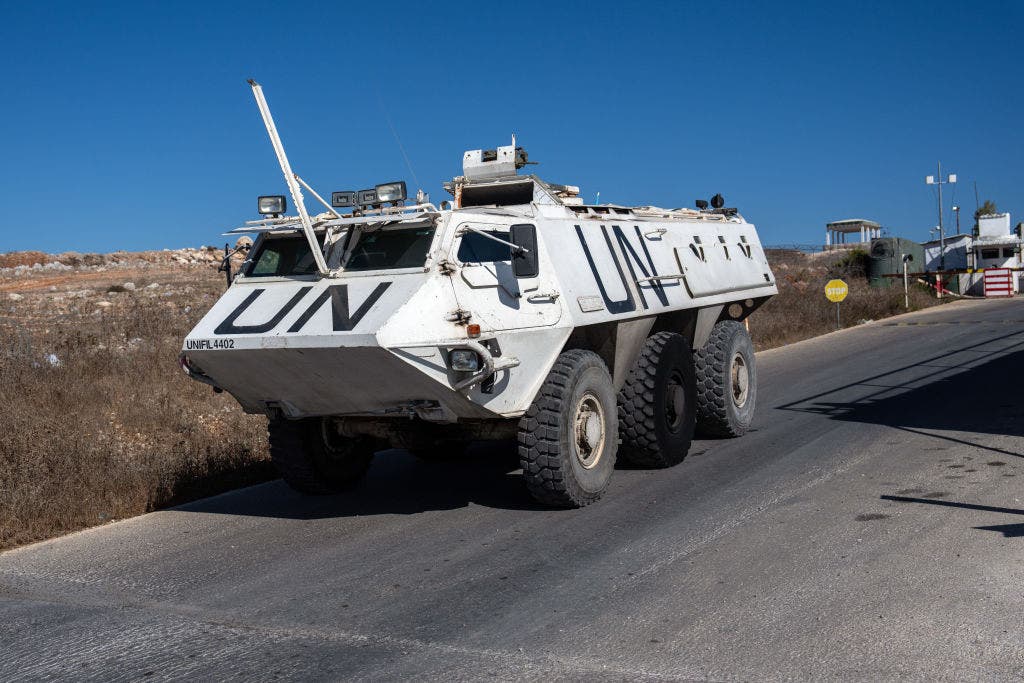UNIFIL mandate faces August vote as experts urge end to ineffective mission

The future of the scandal-plagued United Nations Interim Force in Lebanon (UNIFIL) hangs in the balance as the Trump administration considers whether to vote to discontinue its mandate at the U.N. Security Council. The mission, established to prevent Hezbollah rocket attacks on Israel, has come under intense scrutiny for its failure to curb the activities of the Iran-backed Lebanese terrorist organization.
In a series of interviews with Fox News Digital, prominent American and Israeli experts have called for an end to the UNIFIL mandate, citing the organization’s ineffectiveness in fulfilling its mission. Former U.S. Ambassador David Friedman criticized UNIFIL for allowing Hezbollah to become the largest non-state terrorist and military organization in the world, despite being tasked with preventing the group from rearming after the 2006 war.
Resolution 1701, passed by the U.N. Security Council after the Second Lebanon War, outlined UNIFIL’s role in partnership with the Lebanese Armed Forces (LAF) to block Hezbollah’s activities in southern Lebanon. However, recent reports have revealed that UNIFIL soldiers have failed to prevent Hezbollah from expanding its arsenal of rockets and military weapons along the border with Israel.
Israel’s U.N. Ambassador Danny Danon has accused UNIFIL of neglecting its mission and failing to enforce the security of the region. While the Israeli government is still evaluating the situation, calls for the discontinuation of the UNIFIL mandate have grown louder.
Dr. Zoe Levornik and Sarit Zehavi from the Israel Alma Research and Education Center have criticized UNIFIL for its lack of effectiveness in maintaining security in southern Lebanon. They argue that renewing the mandate, even with improvements, will not address the fundamental issues that make UNIFIL’s presence irrelevant and ineffective.
UNIFIL’s spokesman, Andrea Teneti, defended the organization’s role in supporting the Lebanese Armed Forces and maintaining stability in the region. He highlighted the recovery of ammunition caches and positions previously used by Hezbollah as evidence of UNIFIL’s efforts to fulfill its mandate.
However, Zehavi, a resident of northern Israel, challenged UNIFIL’s claims and demanded concrete proof of Hezbollah disarmament. She emphasized the need for transparency and accountability in UNIFIL’s operations, pointing to the lack of evidence provided by the organization.
As the Biden administration and France brokered a ceasefire between Israel and Hezbollah, the future of UNIFIL remains uncertain. Pro-Hezbollah elements within the Lebanese Army continue to pose a challenge to security in the region, raising concerns about the effectiveness of UNIFIL’s mission.
The decision on the UNIFIL mandate will have far-reaching implications for the security and stability of the region. As the Trump administration considers its vote at the U.N. Security Council in late August, the debate over the future of UNIFIL continues to intensify.




